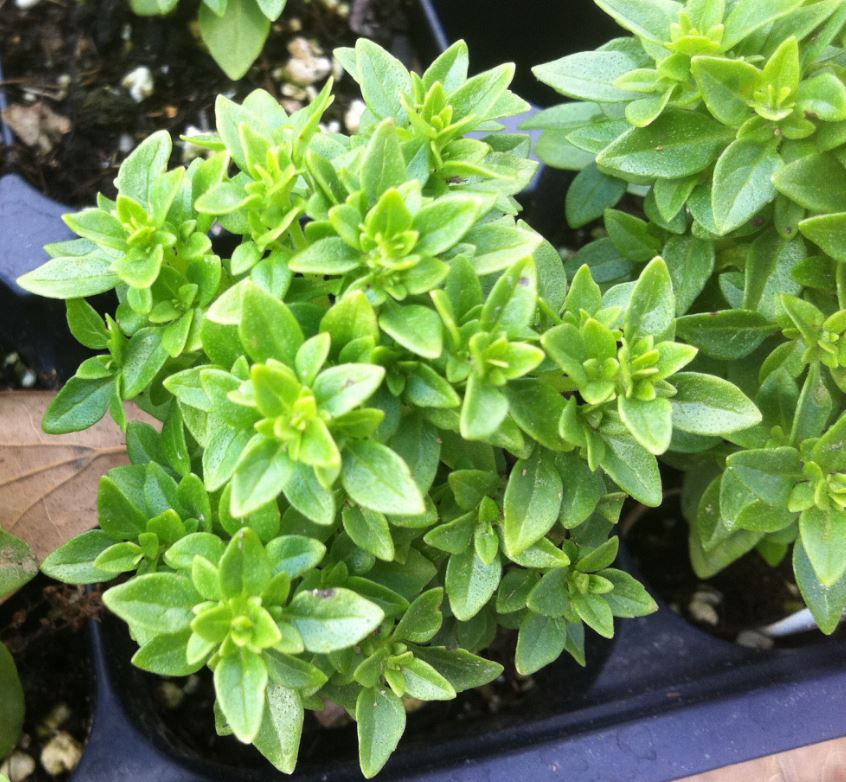
Small garden plants that can be used for multiple seasons are the best. Silver leaf plants are a great example. They produce beautiful mauve flowers with elegant stems. They are very easy to grow and bloom for many months. These plants require well-drained, fertile and protected soil. Before selecting a plant, be sure to know your USDA hardiness zones.
Even though you might not have the space to plant a large garden you can still grow your favorite veggies. Many seed catalogs offer compact varieties of popular crops. While some gardeners place emphasis on productivity and flavor, others focus more on the ornamental aspects of plants for small spaces. Small garden plants are the best because they can be grown in small spaces. This will allow you to enjoy the many benefits of growing your favorite veggies, as well as fresh, delicious fruits.

Hydrangeas can be a good choice in a small garden. They grow best in containers and can withstand partial sun. They need support when they are young so you can plant them in the ground. While they're beautiful in pots, they're actually better grown in the ground. They provide year-round interest with their white, feathery flowers in spring and yellow leaves in autumn.
An herb is another good option for a small backyard garden. Chard grows better in smaller spaces, so you can add this to your menu as a substitute for lettuce. They can be grown from seed or starters and are very easy to grow. Radishes are delicious and attractive, and they can be grown from seeds or starters. They also grow tall and spread out. They are also great for canning.
There are many lavender cultivars to choose from. Lavender is a popular choice for small gardens as it has the best scent. Regardless of its size, it will provide a pleasant fragrance and will complement other flowers in your garden. Its aromatic flowers are particularly beautiful in small gardens. You might also consider the dwarf dusty miler and the foxglove, which are both lavender plants. They can be used in any size garden.

You can find many varieties of shrubs, perennials, and other plants to fill small gardens. Some shrubs are hardy and require little maintenance while others are low-maintenance. It's possible to expand your garden with a container, but it is not practical. The ferns you choose will grow vertically in the garden, which means that they're good for small garden size.
FAQ
How do you prepare the soil?
Preparing soil to grow vegetables is very simple. First, remove all weeds in the area where you plan to plant vegetables. You can then add organic matter, such as composted cow manure, leaves and grass clippings. Let the plants grow by watering well.
What vegetables are good to grow together?
It is possible to grow tomatoes and peppers together, as they like the same soil conditions and temperatures. They are a good match since peppers need colder temperatures to produce their best flavor. Plant them together indoors at least six weeks before you plant them. Once the weather cools down, transplant the pepper or tomato plants outdoors.
How long can I keep an indoor plant alive?
Indoor plants can live for many years. To ensure new growth, it's important that you repot indoor plants every few years. Repotting is simple. Remove the old soil and place fresh compost.
Which layout is best for vegetable gardens?
It is important to consider where you live when planning your vegetable garden. Plant vegetables together if your house is in a busy area. However, if you live in a rural area, you should space out your plants for maximum yield.
Can I grow vegetables indoors
Yes, you can grow vegetables indoors during winter. You will need a greenhouse or grow lighting. Before buying a greenhouse, check with your local laws.
Statistics
- It will likely be ready if a seedling has between 3 and 4 true leaves. (gilmour.com)
- As the price of fruit and vegetables is expected to rise by 8% after Brexit, the idea of growing your own is now better than ever. (countryliving.com)
- According to the National Gardening Association, the average family with a garden spends $70 on their crops—but they grow an estimated $600 worth of veggies! - blog.nationwide.com
- Today, 80 percent of all corn grown in North America is from GMO seed that is planted and sprayed with Roundup. - parkseed.com
External Links
How To
How can I keep weeds away from my vegetable gardens?
Growing vegetables that are healthy is not possible due to weeds. They vie for water, nutrients sunlight and space. These tips will help you prevent them taking over your garden.
-
Take all flowers and plant material.
-
Remove any plant debris around the base of the plant
-
Mulch
-
Water regularly
-
Rotate crops
-
Do not allow the grass to grow.
-
Keep soil moist
-
Plant early
-
Harvest often
-
Add compost
-
Avoid chemical pesticides
-
Plant organic vegetables
-
Get heirloom seed
-
Start small
-
Learn more about companion-planting
-
Be patient
-
Enjoy gardening!